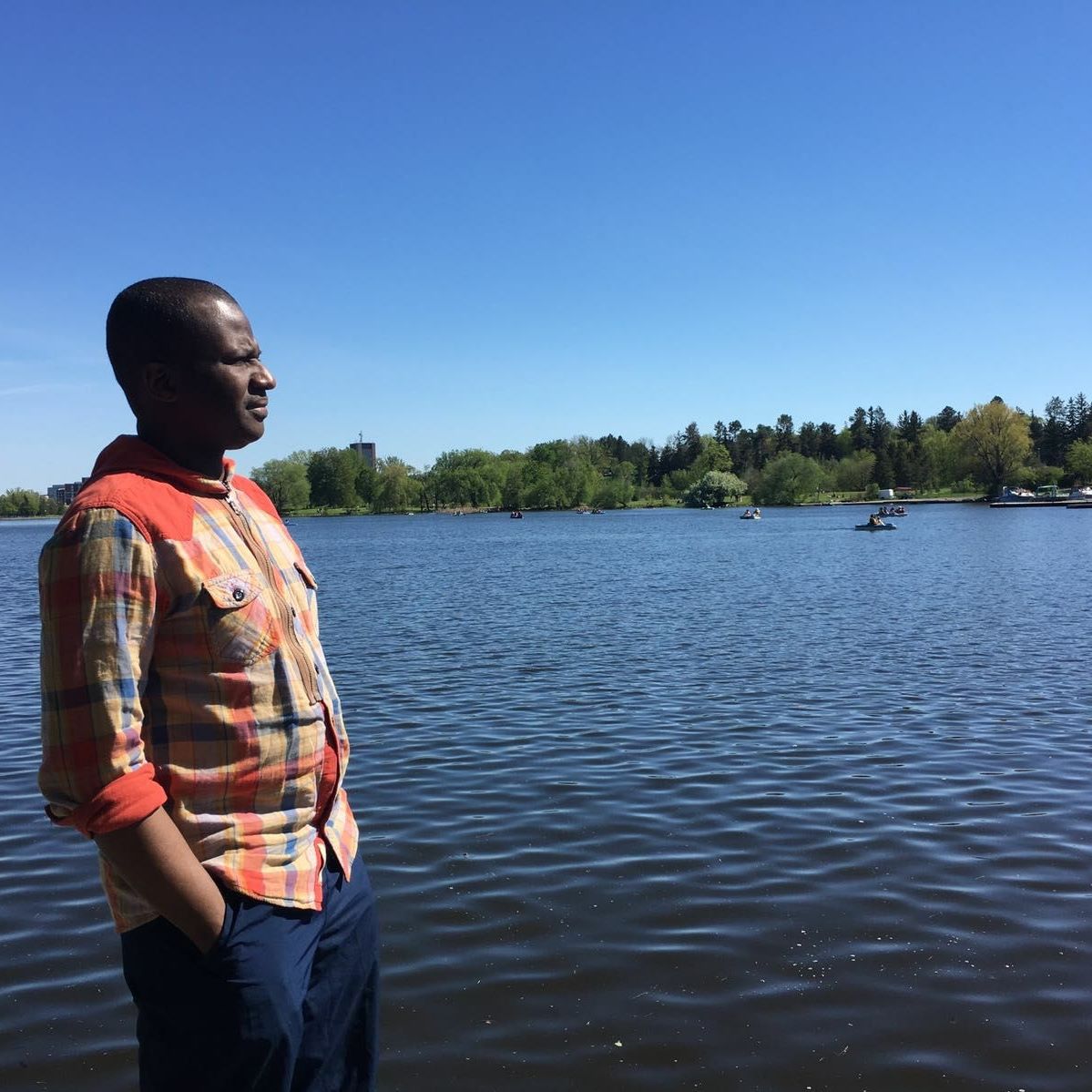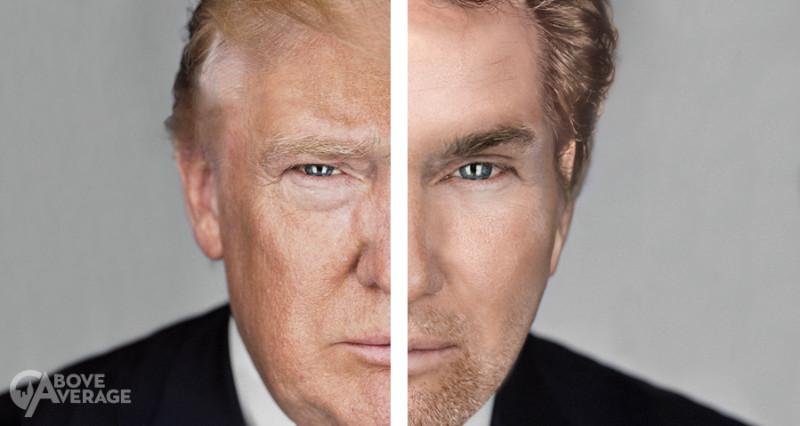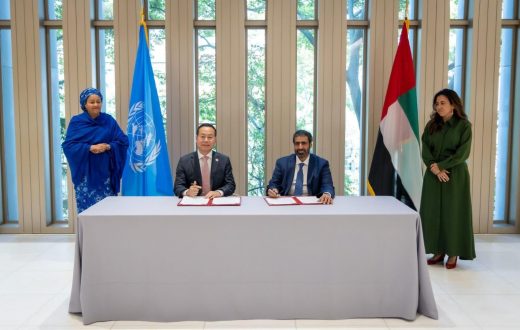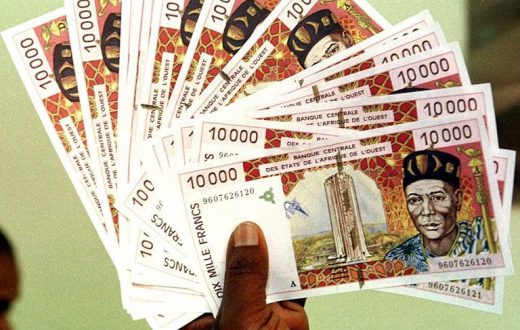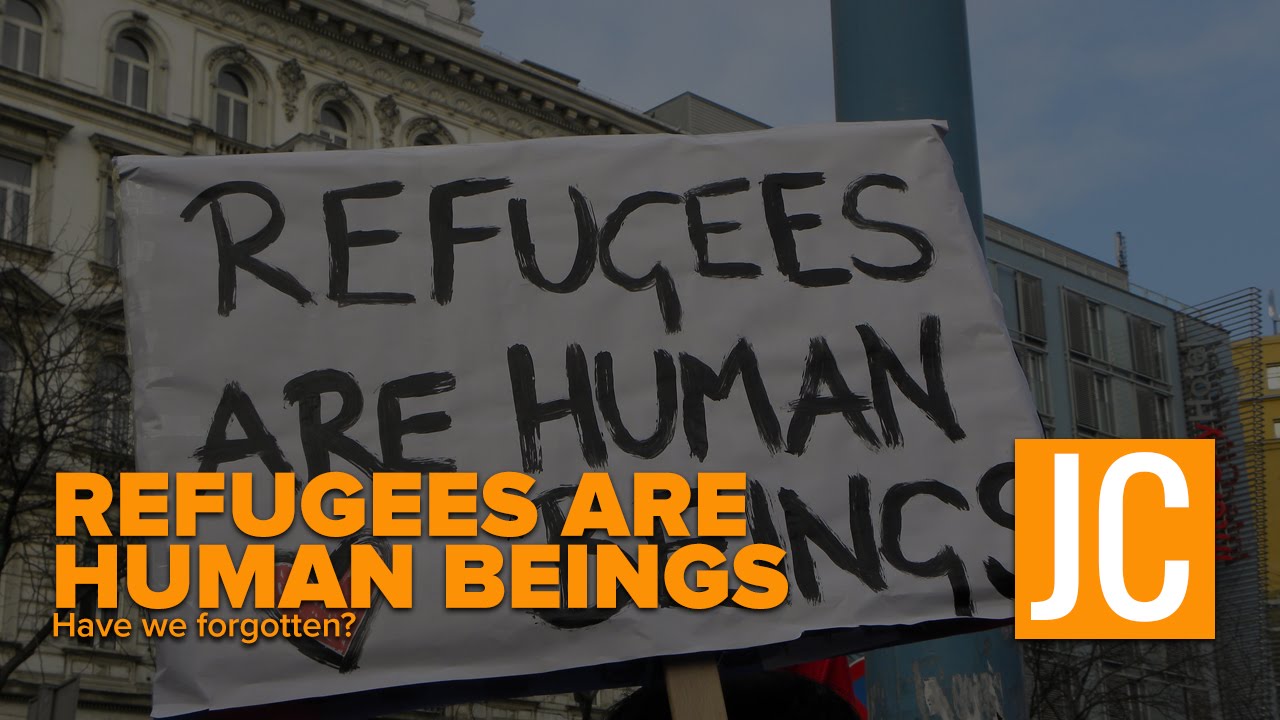Little did Gambians know that the 22-year brutal rule they had gone through under former tyrant Yahya Jammeh would come to an abrupt end in the December 1, 2016 presidential election.
The tiny West African nation of roughly 1.8 million people had endured forced disappearances, torture, extra-judicial killings, unlawful detentions and wanton dismissal of senior government officials, just to name a few.
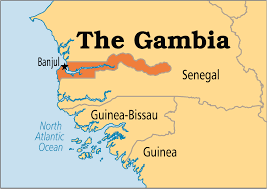
The regime has literally muzzled the independent media, hence dissenting views were not entertained at all, forcing the crème of the country’s media practitioners into exile, including the current Minister of Information and Communications Infrastructure Demba Jawo
. Gambians had seemed to have resigned to their fate until April 14, 2016 when a group of political activists took to the streets on a rare peaceful protest to demand electoral reforms given that the existing ones were crafted and meant to ensure the perpetuation of the former ruling Alliance for Patriotic Re-orientation and Construction (APRC) regime at all costs.
The amendments on the electoral reforms by the rubber-stamp APRC dominated Parliament have favored the regime, fueling frustration and constipation amongst opposition parties, chiefly the United Democratic Party, whose Youth Leader Solo Sandeng led the demonstration . The protest march was short-lived as it was mercilessly and violently crushed by the regime with the demonstrators rounded up and whisked away to the notorious and dreaded National Intelligence Agency where they have been severely tortured. Sandeng, the mastermind of the protest march, was tortured to death.
The incident did not go down well with the UDP whose leader Ousainou Darboe swiftly reacted to the news of the death of their comrade by taking to the streets with his top executive urging the authorities to release the body of Solo Sandeng dead or live. Darboe, who now serves as Foreign Minister, and co were immediately arrested and subjected to all forms of inhumane treatment at the hands of the security forces. They were eventually tried and sentenced to various jail terms.
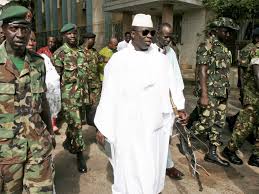
These developments coupled with Jammeh’s unprovoked stream of invective against the majority Mandinka ethnic group have isolated the regime and gave rise to Gambia’s silent revolution with citizens starting to call for change, after they had always maintained silence for fear of maltreatment or revenge. Due to ex-president’s myopic and nonchalant attitude to the resurgence of the people, Jammeh was abysmally oblivious to an eminent downfall of the regime he had nurtured with an iron fist at the hands of the very opposition Jammeh has always besmirched as illegitimate. As such, Jammeh had the audacity to announce that he will not campaign for re-election suggesting that his development projects speak for themselves.
Watching the opposition embolden and support base grow, the ex-dictator has unceremoniously embarked on a nation-wide tour to canvass votes, hence reneging his own pledge to abstain from campaigning. However, it was already too late as the people had already decided to boot him out in the presidential election that was just few weeks away, particularly that the opposition had finally formed a Coalition and rallied behind their flag bearer Adama Barrow, a little-known figure who propelled to the apex of power due to the incarceration of the UDP top brass for he won the election.
To everyone’s surprise, Jammeh, who once thumped his chest that he would rule the country for one billion years, conceded defeat but a week later he made the infamous U-Turn, hence throwing the entire nation into an unprecedented political impasse. Jammeh’s attempt to cling to power was roundly condemned regionally and beyond which eventually forced him to yield on January 21 and fled to exile in Equatorial Guinea. Since his departure, Gambians have been relishing their new-found freedom.
The citizenry now express convergent and divergent political views without fear of reprisal. The country has just successfully conducted parliamentary elections dubbed by local, regional and international observers as free, fair and transparent culminating the new democratic dispensation. Many Gambians are optimistic that the dawn of a new political dispensation in the country will be a boon for the nation in terms of progress and prosperity. The Gambia is enjoying an unprecedented goodwill on the part of the international community with high profile dignitaries jetting in and out of Banjul with pledges of financial support for the new Administration in order to pursue its ambitious socio-economic development. Agenda.
In conclusion, African nations that are under dictatorships should draw crucial lessons from the smallest country on the Mainland Africa to effect positive change, as democracy increasingly takes root and shape in Mama Africa.
About the Author : Basidia Drammeh is a collaborator of Young Diplomats Africa.
